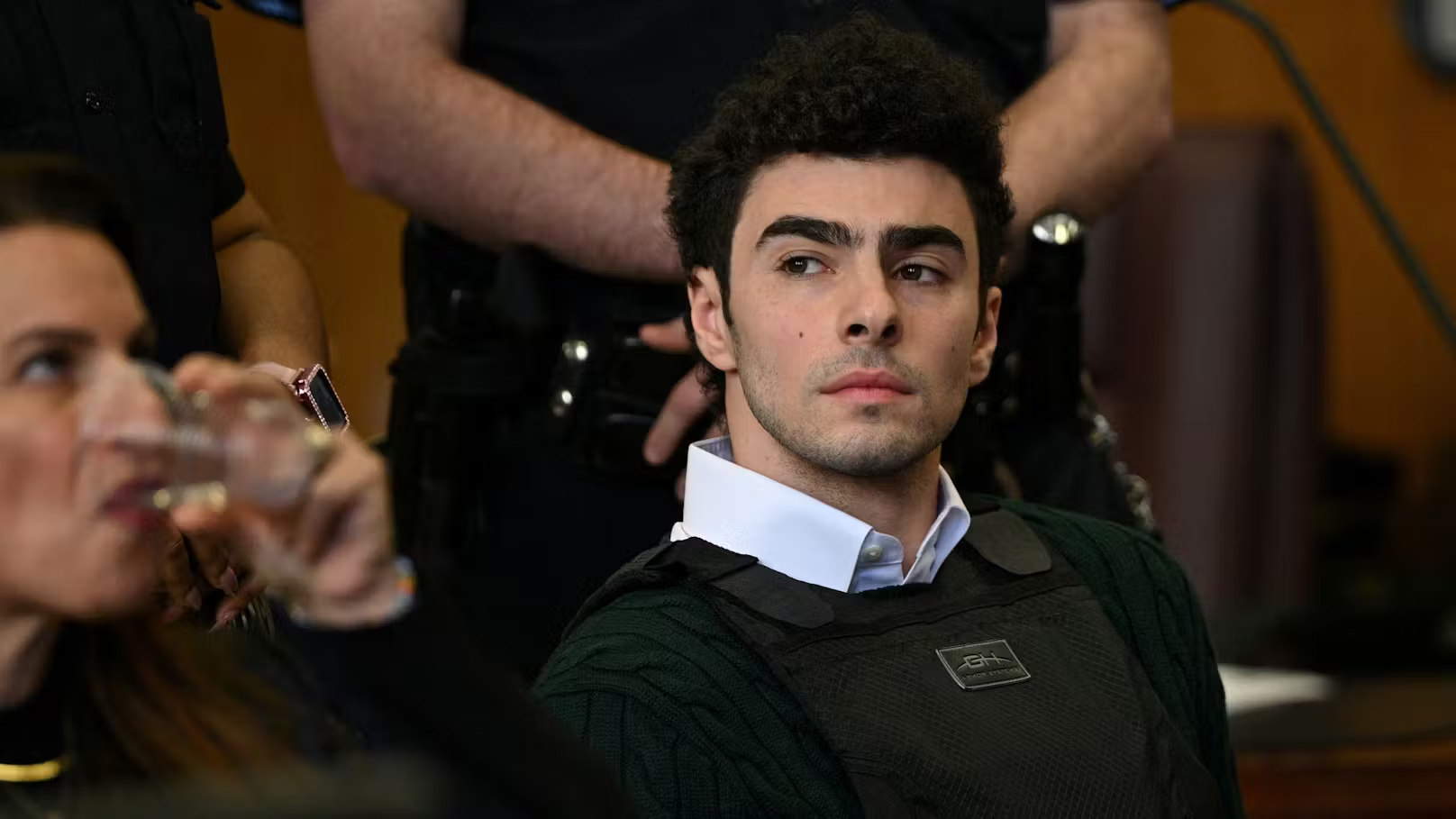You’ve been driving for hours now, and the only thing keeping you sane is the true crime podcast booming from your
radio. The words make you gasp at the gory details, yet you empathize with the
killer’s backstory.
“Authorities found a map in Robert Hansen’s Anchorage home marked with tiny ‘X’ symbols,” it recounts, “showing where the ‘Butcher Baker’ killed and buried his victims in the wilderness. Even then, some were never found.”
For a long time, people have been fascinated by true crime. The inner workings of a serial killer’s mind is an infatuating mystery, but there’s a fine line that must be walked between fascination and glorification. We have to remember that behind these seemingly entertaining “tales,” the victims are real people, not just entertainment.
In the new Netflix series “Monster: The Jeffrey Dahmer Story,” they take Dahmer, a violent murderer, and humanize him. This encourages sympathy in a way that is harmful to his victims’ memories. Though the original idea of the show might not have been to do this, the end result is the same, and the damage that has been done is the same. Some people who have watched the show have been posting on the internet about how they pity Dahmer. One Twitter user said, “I feel bad for this cannibal and serial killer that ruined so many lives. My heart aches for Jeff the child and I want to save him.”
There’s a difference between feeling bad for a child that grew into a bad person and excusing his adult behavior because of your sympathy towards his younger self. Childhood abuse does not excuse murders. There are plenty of good people who have had upbringings like Dahmer’s. Someones childhood trauma does not dictate what they do in adulthood. They still make the conscious decision to kill.
Xanthe Mallet, a criminologist at the University of Newcastle, writes, “Recently, a student in one such tutorial expressed admiration for notorious U.S. serial killer Ted Bundy, even going as far as to say she was attracted to him.”
Killers are often portrayed as attractive in the media. But remember, they don’t deserve to be romanticized by people sitting in their bedrooms 40 years later. The increasing popularity of true crime in the media has fueled interest in violent and dangerous perpetrators. This means the victims continue to be overlooked. Victims and their lives should be the main focus of each retelling of a case, but they are perversely made into only receptors for their murderer’s violence. It’s unfair to ignore their whole lives before death. They are not just pawns in the telling of a killer’s story.
You most likely have heard names like Ted Bundy, Jeffrey Dahmer or the Zodiac Killer. Names you don’t hear as often are Richard Guerrero, Susan Curtis, Timothy Jack McCoy, Jennie Vincow and Betty Lou Jensen. These are the victims of these murderers. The fact that many don’t recognize any of them is the problem.
Next time you listen to true crime, be more aware of the victims’ memories and how what you look at affects their families and friends to this day. If it’s hurtful to either of those, don’t promote it. Instead, there are podcasts featuring cold cases. These decks have cases that have gone cold over time, and the police need help solving them. Spreading this information benefits investigations, causing many more tips to be called in. Hopefully, each case going is to get the one tip that breaks the case wide open.








